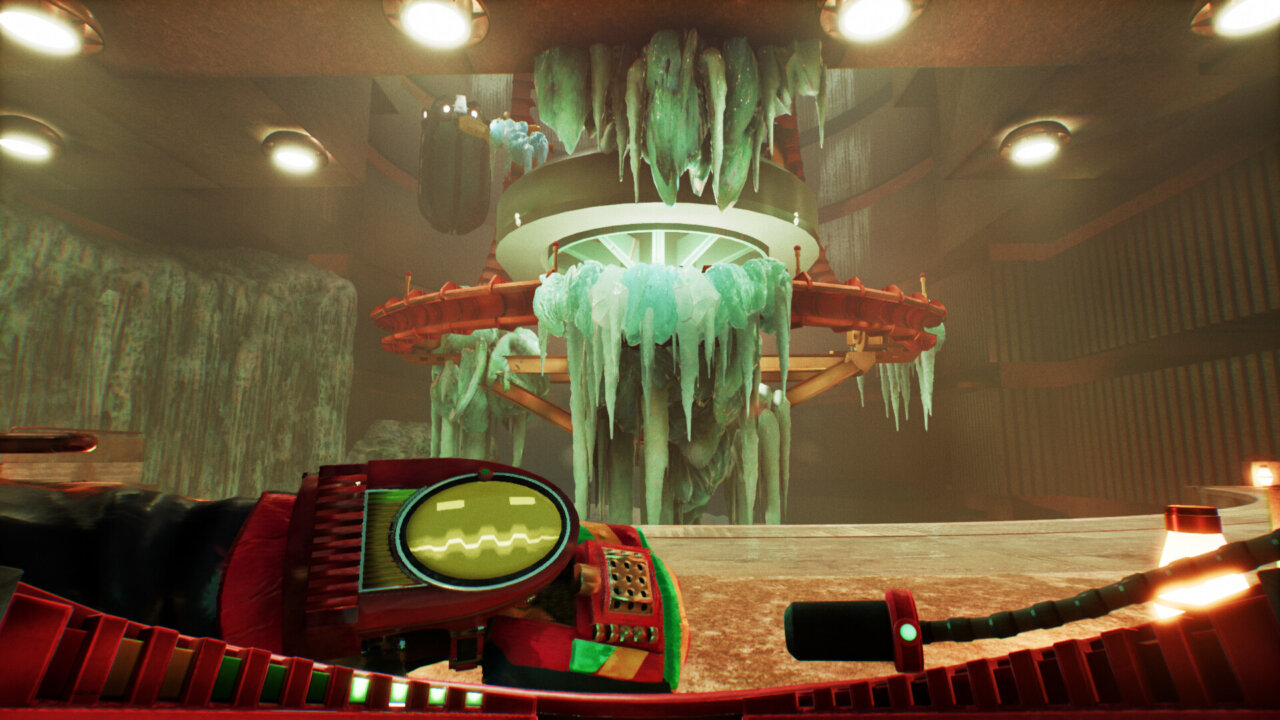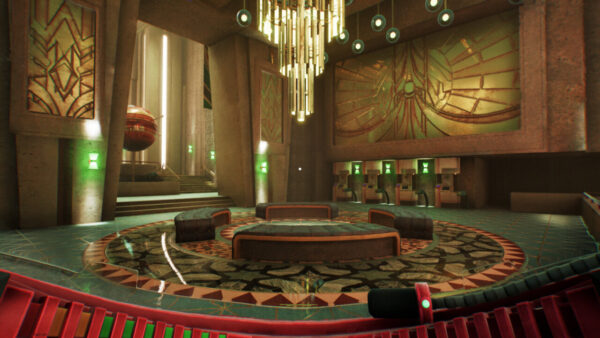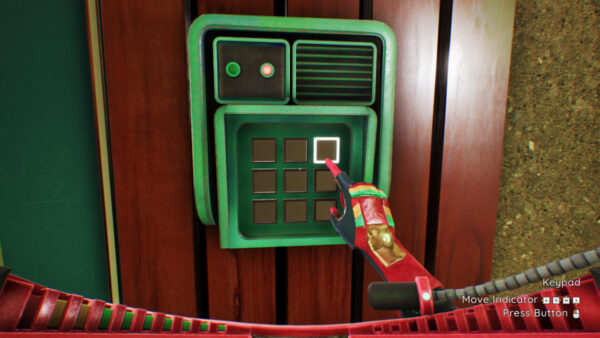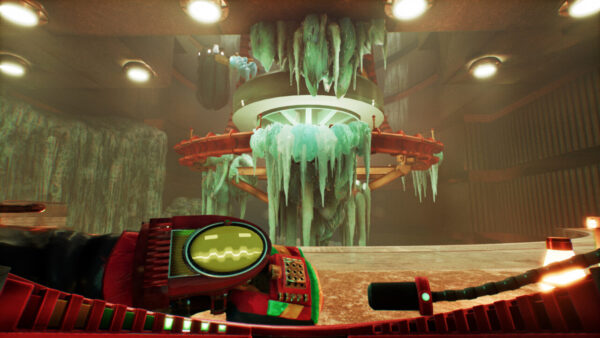Publisher: Creative Bytes Studios
Developer: Creative Bytes Studios
Medium: Digital
Players: 1
Online: No
ESRB: Not Rated
Return to Grace feels like a throwback in more ways than one. Not only is it a throwback to a 1960s utopian idea of sci-fi, it’s also a straight-up walking simulator that feels like it could’ve come out at the height of that genre’s popularity, too.
It’s worth addressing how both of those influences come into play here, so let’s take them one at a time.
First, the fact that Return to Grace is a walking simulator. It’s been awhile since I played a game like this, where the focus is almost entirely on exploration, with barely anything demanded of the player other than walking in a very clear path forward. Occasionally the game will ask a little more of you, like telling you to walk slowly across a beam or using a flamethrower to thaw some ice, but these moments are few and far between, and when they happen, you’re at virtually no risk of failing. There are puzzles, too, but they’re the least challenging puzzles imaginable, and just in case you can’t solve them on your own, your AI companions tell you exactly what you need to do.
Consequently, I can see why some people may not like Return to Grace – or, at the very least, I can see why they’d rather watch a playthrough on YouTube than buy the game themselves. If you’re the sort who wants a little more action or agency, you don’t get much of either here.
Of course, demanding those things is kind of missing the point of Return to Grace. It’s more intended to tell a short story about a woman trying to find out what happened to an all-powerful AI (the eponymous Grace) that controlled the universe – and on that front, too, your mileage may vary. I don’t want to give too much away, since this is a very short game and the plot is the entire point, but you’re walking through an abandoned space station with different AI companions, each representing different facets of Grace’s personality. If you don’t like those companions, then you’re probably not going to like the game, since the whole runtime is a back-and-forth dialogue between the game’s heroine and the different AI voices.
Personally, I enjoyed it for two reasons. First, there’s a moment very early on where it seems like one of those AI voices is going to turn out to be evil – and I was ready for Return to Grace to turn into yet another Portal clone with a malevolent AI trying to cause you harm. Without giving too much away, that’s not the story here.
Secondly, and more importantly, the voice acting here is pretty solid, and it makes it easy to fall for Return to Grace’s characters. Each of the different companions has a distinct personality and a distinct voice, which makes it possible not just to tell them apart, but it also makes you want to hear what they have to say next. Like a lot of pure walking simulators, Return to Grace lives or dies by its script – and like the best of the genre, it has a pretty good one.
For that matter, it’s a pretty good game for anyone who misses the days when games like What Remains of Edith Finch and Firewatch were gracing best-of lists. Return to Grace is probably a little late to get the same kind of widespread acclaim and reputation, but if there were any justice, it would get both, and deservedly so.
Creative Bytes Studios provided us with a Return to Grace PC code for review purposes.





